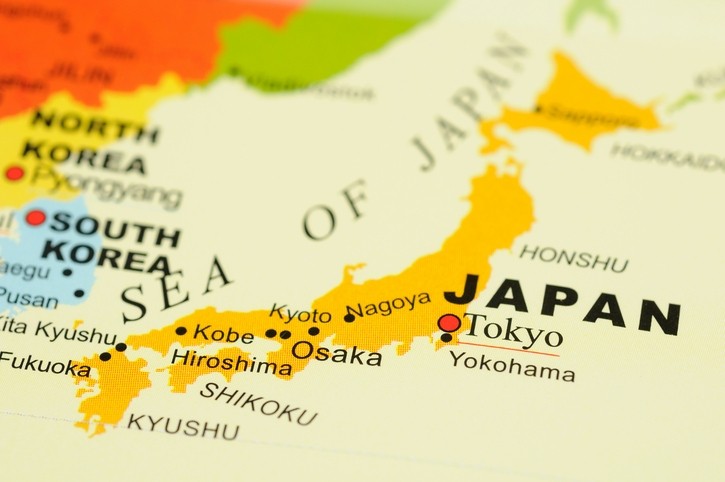Japan revises law to allow imports of organic feed

Japan’s ministry of agriculture, forestry and fisheries (MAFF) announced the legislative move in March, reported the US agency.
The revision of the Japan Agricultural Standard (JAS) means, from this month on, imported equivalent-country certified feeds are approved for use in the production of organic compound feed or for feeding to organic livestock in Japan, in cases where organic feeds are difficult to obtain.
Markus Arbenz, executive director of IFOAM Organics International, which represents the global organic movement, welcomed the move.
“Since organic regulations are organized nationally, there is a need for a system on how to accept imports. Some require that imports are certified just as a nationally produced product. That is based on compliance and very costly, since it requires accreditation of local certification bodies.
“We have worked many years on advocacy for equivalence, which means a country accepts a system of another country. That requires an agreement between the countries. Sometimes these agreements make exceptions, which make things more complicated. Obviously, Japan has revised its law so that feed can also be imported based on equivalence,” he told us.
The EU shares an organic equivalency arrangement with Japan as well as countries like the US, Argentina, Australia, Canada, New Zealand, and Switzerland.
The US Department of Agriculture (USDA) said interested parties in the US considering export of organic feeds to Japan are required to provide documentation of their certification under the USDA National Organic Program.
Market value
The current value of Japan’s organic market is US$1bn, said North America's Organic Trade Association (OTA).
While the growth of organic agriculture in Japan is still moderate, demand for organic products has been continuously increasing since the earthquake and subsequent disasters in March 2011, found an IFOAM report.
Major obstacles are a limited range and variety of available products in supermarkets prices, along with a low level of understanding of organics among Japanesee consumers.
“With few exceptions organic products, whether from domestic production or imported, are two to three times more expensive than comparable conventional products. This is similar in other Asian countries and quite different from Europe and North America where the price gap is much smaller and organic products are affordable for consumers with an average income,” according to the IFOAM report.
However, the organisation noted recently that the bigger, local brands are getting into the organic market and are bringing pressure to bear on the overall pricing by enlarging their producing capacities. More Japanese supermarket chains are getting into the organic trade as well, it added.
An FAO publication from 2011 noted organic livestock production was not yet developed in Asian countries due to lack of organic feed and pastures. "Limited amounts of certified organic animal products, mainly poultry and pork, are available in some domestic markets. Compliance requirements are so stringent that the first organic Japan Agricultural Standard (JAS) certified beef sold in Japan reportedly came from an Australian operation in 2008."
The JAS Standards for organic livestock products, organic processed foods of animal origin and organic feeds took effect in November 2005.













